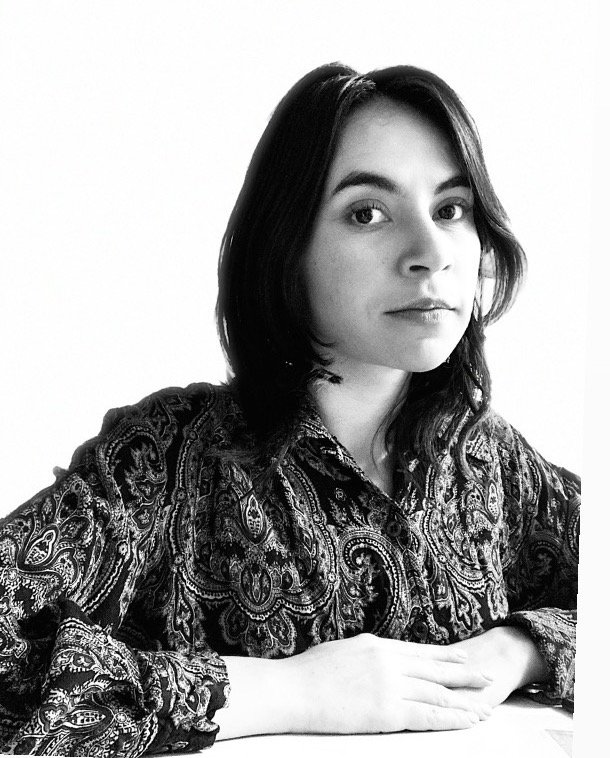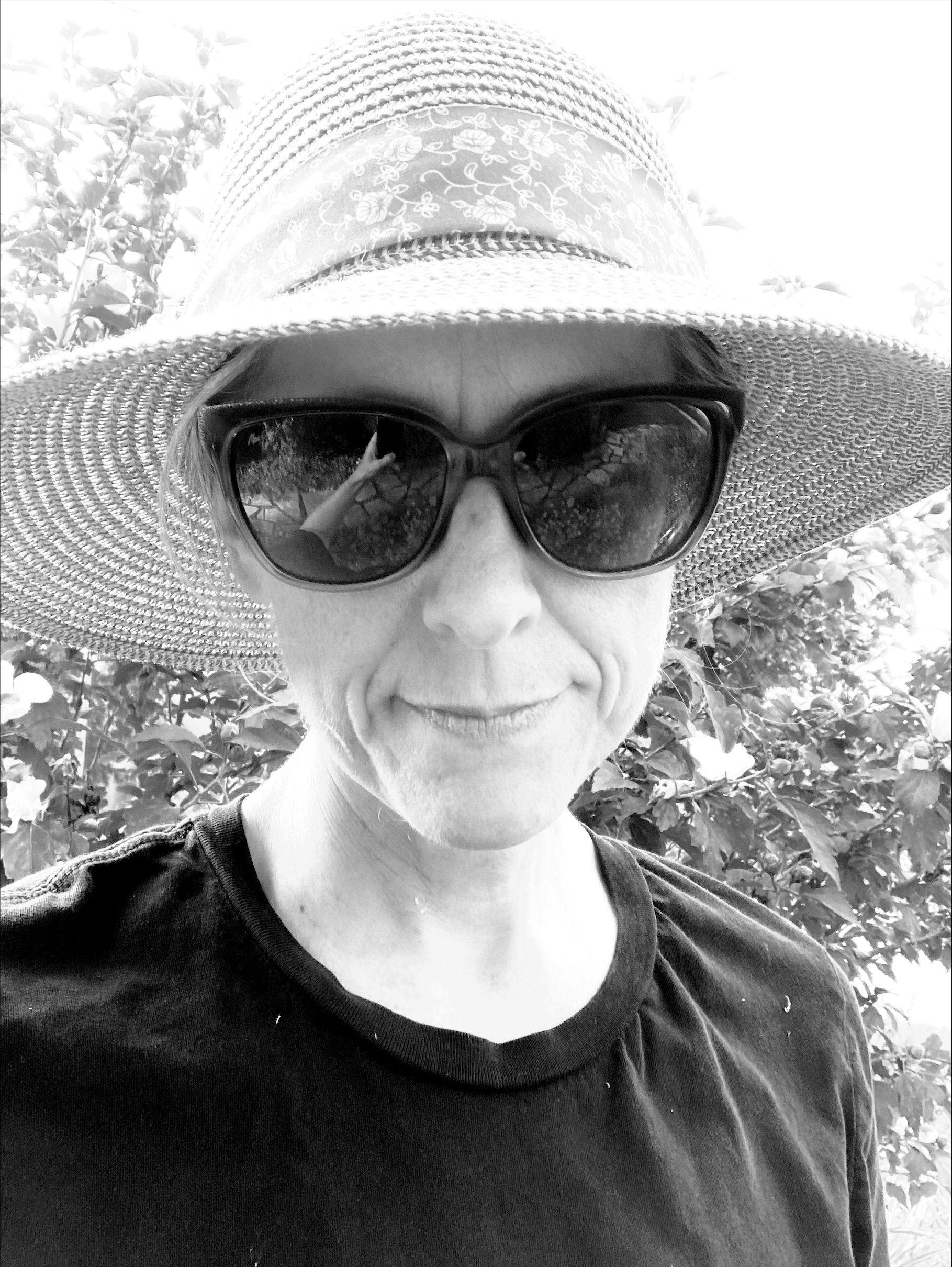Sounds of Migration
5:00 pm - 6:30 pm | Collective Listening
Led by Bernardo García, Luis Navarro Del Angel, Luisa Isidro Herrera, Nicole Marchesseau, and Johann Sander Puustusmaa.
Moderated by Pablo Rincón Díaz.
For the Symposium’s closing event, we invite the audience to join us for an embodied experience of deep and attuned listening. The activities will be led by the producers of three sound-based projects that, by looking at human and non-human relationality, approach notions of homecoming, nostalgia, and futurity. We will gather around this array of sonic archives that document, expand, and interweave the experiences of diasporic movements.
Sound Braid, a collaborative and multi-authored project by Luisa Isidro Herrera, Nicole Marchesseau, Johan Sander Puustusmaa, and Jillian Fulton-Melansonsound, explores sound, silence, and refusal as elements inherent to human experience. Bernardo García’s interactive project parallels the routes of birds using Tommy Thompson Park as a stopover and those of immigrants arriving in Canada. Seis8s is a web-based computer language created by Luis Navarro that speculates on culturally situated music technology, specifically in the overlapping of algorithmic music and Latin dance music.
The activity will run for approximately 90 minutes.
This event is free and open to the public. Please register in advance.
About the speakers
Bernardo García is a Mexican sound designer based in Toronto who has spent the last decade doing audio production and post-production for visual media. This includes working on projects like scoring two Mexican docu-series and being the sound designer for 20 nature micro-documentaries on a project for UNPD.
He has also worked on gallery-based audio installations, while also experimenting with sensors with the goal of creating interactive experiences. He’s currently teaching Audio post-production at George Brown College.
Luis Navarro Del Angel is a new media artist whose artistic practice revolves around electronic Latin dance music using software and code. Luis is a member of Grupo D’Binis, an audiovisual electronic cumbia duo whose second half is the visual artist and McMaster student Jessica Rodriguez. He is also a member of the live coding Mexican collective RGGTRN and has presented at venues in Mexico, Spain (2014), France (2014), the UK (2016), Colombia (2018), Perú (2018), Ecuador (2018), USA (2019). Website: luisnavarrodelangel.net
Luisa Isidro is a PhD Candidate in the Department of Anthropology at York University. Luisa is particularly interested in researching topics related to transitional justice, gender-based violence, peace pedagogy, forensic anthropology, and political geography. Drawing on research on anthropologies of revolution, she aims to examine the aftermath of revolution in the former combatants of the FARC-EP in the Territorial Spaces for Training and Reincorporation (ETCR - in Spanish) in Caquetá Caqueta, Colombia.
Luisa is a fellow at the Civil War Paths Project of The Centre for the Comparative Study of Civil War at the University of Sheffield. Likewise, she is a member of The Centre for Research on Latin America and the Caribbean (CERLAC) Student Caucus and the current office coordinator of the Canadian Association for Latin American and Caribbean Studies (CALACS). In 2021, Luisa, Nicole, and Johan Sander created Sound Braid, which is an independent project that aims to engage with experimental form and atmospheres, inhabits the incommensurable, weaves emotion, thought, rationality, irrationality, creates rather than reproduces, shapes ecologies rather than libraries.
Johann Sander’s work meanders at the intersection of anthropology, urban environments, and narrativity. His research explores spatial and sensory experience and the role of storytelling in urban environments.
For a few years, Johann Sander hosted a radio show on anthropology, slowness and field recording on Radio IDA in Tallinn, Estonia.
Nicole Marchesseau’s artistic and research practices explore spaces of process, method, and materiality. Her solo and multimedia collaborative artistic work has been featured in North America and overseas. Publications have ranged from topics exploring Surrealism and music to Jandek to the liminal spaces of Toronto’s Do-It-Yourself music scene. She has taught at Western and McMaster Universities and is currently working towards a Ph.D. in Social Anthropology at York University, where she also completed a doctorate in music.
About the moderator
Pablo Rincon Diaz is a filmmaker and sound designer from Bogotá, Colombia. His work is characterized by integrating artistic and community-based practices for social transformation through non-fiction media, and his artistic interests navigate the possibilities of audiovisual media as a tool for memory and representation, and the possibility to evoke other worlds and ways of living through metaphors. He is currently based in Toronto, pursuing an MFA in the Documentary Media program at Toronto Metropolitan University.
A project by
aluCine Latin Film + Media Arts Festival
We gratefully acknowledge the financial support of our funders, the Canada Council for the Arts, and the Department of Canadian Heritage.
LAMAS has been generously supported by the Canada Excellence Research Chair in Migration and Integration Program (CERC Migration) and the WhereWeStand Project at Toronto Metropolitan University; the George Brown School of Media and Performing Arts; The Creative School at Toronto Metropolitan University; the Image Centre at Toronto Metropolitan University; Hemispheric Encounters; Sensorium: Centre for Digital Arts and Technology, School of the Arts, Media, Performance, and Design at York University; Performance Studies (Canada); OCAD University; Onsite Gallery; the University of Toronto Centre for Culture and Technology; the Latin American Studies Program at the University of Toronto; the Centre for Research on Latin America and the Caribbean (CERLAC) at York University; and Lokaal.










